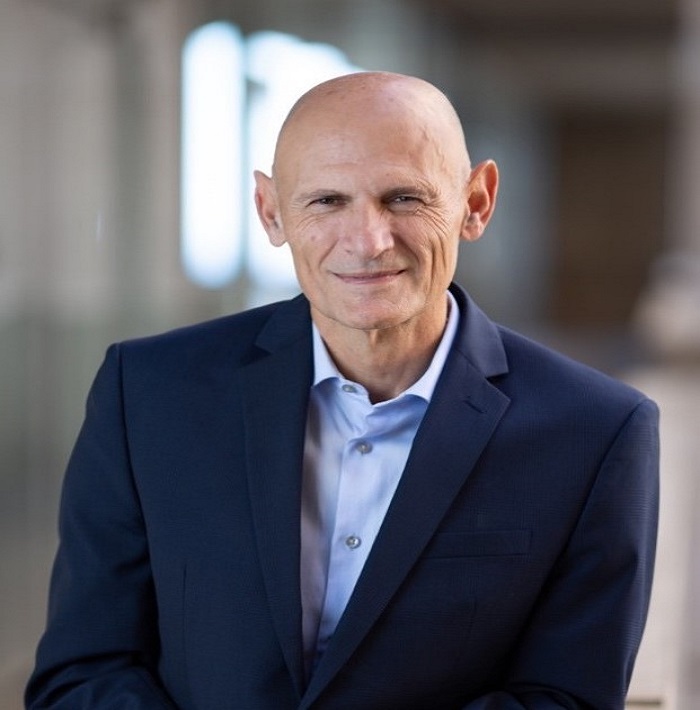使用账号密码登录
Welcome Back
使用表单注册
Welcome Back
Brief Introduction
Juan Carlos Belmonte is a Professor in the Gene Expression Laboratory at the Salk Institute for Biological Studies since 1993. In 2004, he helped to establish the Center for Regenerative Medicine in Barcelona and was its Director between 2004 and 2014.
Dr. Belmonte graduated from the University of Valencia, Spain with a bachelor's degree in Pharmacy and Science. He then earned a master's degree in Pharmacology from the same university before moving on to complete his Ph.D. in Biochemistry and Pharmacology at the University of Bologna, Italy and the University of Valencia, Spain. He followed that with being a postdoctoral fellow in different institutions, including the European Molecular Biology Laboratory and University of California, Los Angeles (UCLA). He is a main catalyzer in one of today's most promising areas of biomedicine: regenerative medicine. His work may help to discover new molecules and specific gene/cell treatments to prevent and cure diseases affecting mankind both in the adult and embryonic stages, as well as inducing endogenous in vivo regenerative responses that may allow for tissue and organ regeneration in humans. It also may contribute to increase our knowledge of aging and aging-associated diseases, thereby leading to healthier aging and increased lifespan.
Dr. Belmonte has over 450 publications. He has also received several awards and honors over the years, a notable one was the naming of a secondary school, Instituto Enseñanza Secundaria (IES) Izpisua Belmonte, in his hometown of Hellín, Albacete, Spain. In 2018, Dr. Belmonte was named by Time Magazine as one of the 50 Most Influential People in Healthcare of 2018.
Organoids and inter-species chimeric approaches for tissue and organ generation
The primary goal of regenerative medicine is the derivation of cells, tissues and organs that are functional and safe for transplantation. In the last decade, towards this end, different approaches have been developed. Two of the most promising ones are the generation of tissue and organ specific organoids in vitro and the generation of inter-species chimeras in vivo. I will present new results from our experiments designing approaches for generating organ constructs in vitro as well as in vivo differentiation via inter-species chimeras, that when coupled to gene editing, may provide a clinical avenue for the generation of cell and tissues for transplantation.

